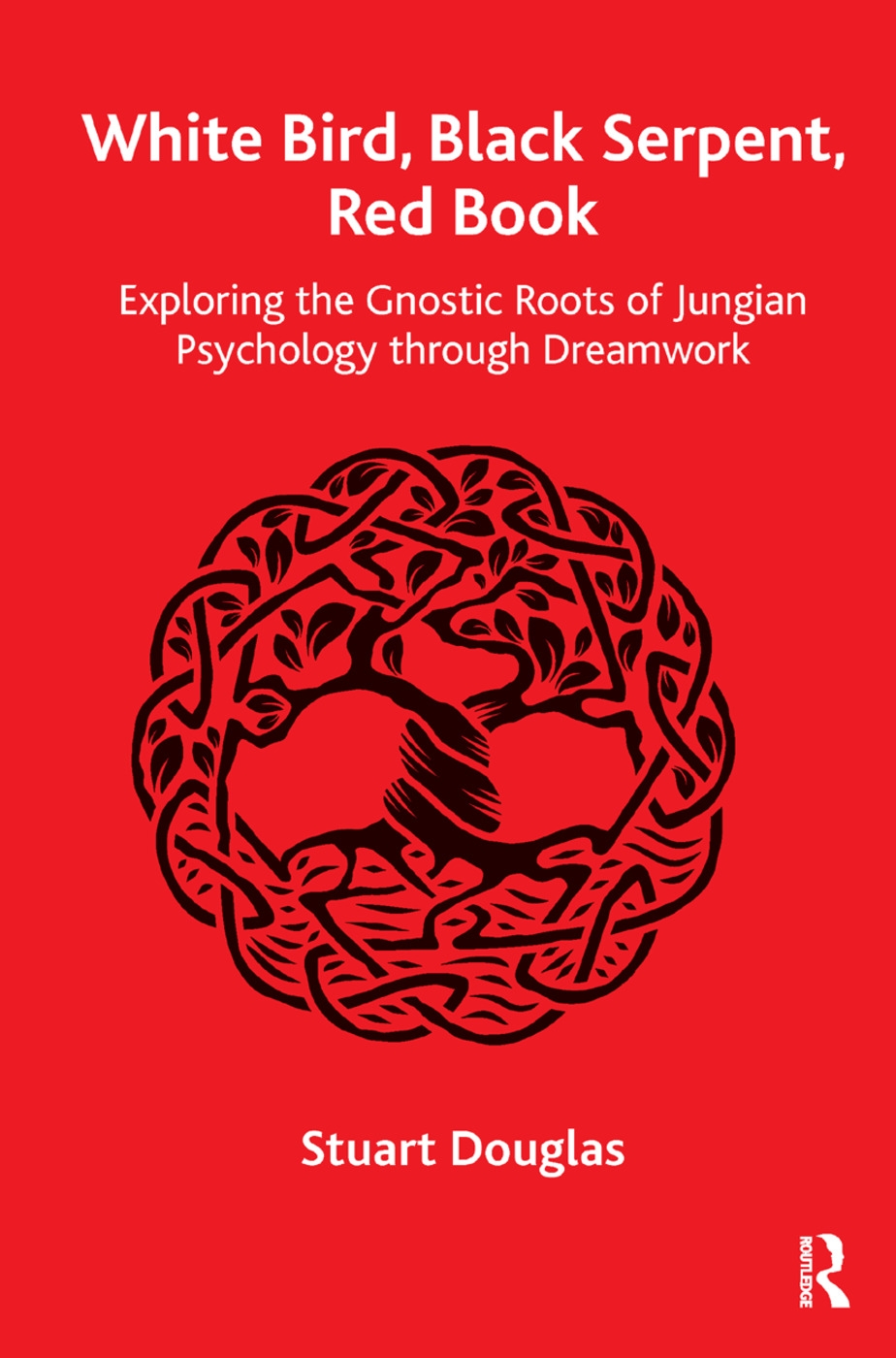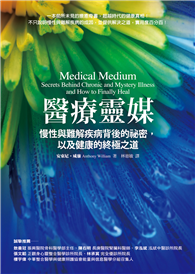This book examines the influence of Gnostic philosophy on Jungian psychology as indicated by Jung’s essay, "The Transcendent Function" (1916), and his Gnostic-inspired treatise, The Seven Sermons to the Dead (also written in 1916).
Relevant and timely due to the relatively recent publication of Jung’s The Red Book, the hypothesis of this work is that the Seven Sermons is the mythopoetic, metaphysical twin of "The Transcendent Function" and that these texts can be considered as two sides of the same coin. The Seven Sermons formed a prelude to everything Jung was to communicate about the unconscious—in other words, an embryonic form of the principal tenets of analytical psychology can be found in a Gnostic-inspired text.
As Gnostic philosophy was the inspiration for both texts, this book also highlights correspondences between both of Jung’s works and the Gnostic texts of the Nag Hammadi Library, paying particular attention to the theme of the opposites—arguably the crucial theme at the very heart of Jung’s psychology. Accompanying an analysis of these texts is an experiential investigation of the influence the topic had on the occurrence of the transcendent function in the author’s dreams, the intention of which is to provide a richer description of the experience of the transcendent function and to facilitate a deeper understanding of the topic.
| FindBook |
有 1 項符合
White Bird, Black Serpent, Red Book: Exploring the Gnostic Roots of Jungian Psychology Through Dreamwork的圖書 |
 |
White Bird, Black Serpent, Red Book: Exploring the Gnostic Roots of Jungian Psychology Through Dreamwork 作者:Douglas,Stuart 出版社:Karnac Books 出版日期:2016-10-28 語言:英文 規格:平裝 / 15.2 x 22.9 x 1.9 cm / 普通級 |
| 圖書館借閱 |
| 國家圖書館 | 全國圖書書目資訊網 | 國立公共資訊圖書館 | 電子書服務平台 | MetaCat 跨館整合查詢 |
| 臺北市立圖書館 | 新北市立圖書館 | 基隆市公共圖書館 | 桃園市立圖書館 | 新竹縣公共圖書館 |
| 苗栗縣立圖書館 | 臺中市立圖書館 | 彰化縣公共圖書館 | 南投縣文化局 | 雲林縣公共圖書館 |
| 嘉義縣圖書館 | 臺南市立圖書館 | 高雄市立圖書館 | 屏東縣公共圖書館 | 宜蘭縣公共圖書館 |
| 花蓮縣文化局 | 臺東縣文化處 |
|
|
圖書介紹 - 資料來源:博客來 評分:
圖書名稱:White Bird, Black Serpent, Red Book: Exploring the Gnostic Roots of Jungian Psychology Through Dreamwork
|










